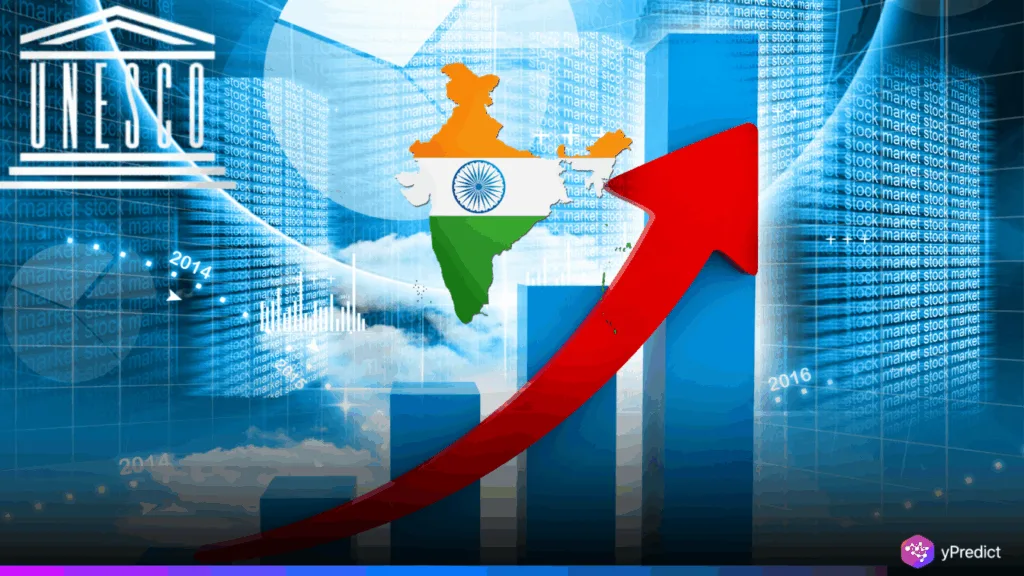
India will host the Global Summit on AI Impact early next year, with the support of UNESCO. The summit follows three major international events focused on AI safety and ethics. Irakli Khodeli, Head of UNESCO’s Ethics of AI Unit, praised India’s leadership in technological innovation and digital policy. Calling the country a “shining star” for the world. The event will focus on demonstrating real-world impacts of AI on social and economic challenges. Khodeli emphasized the transition from ethical discussions to actionable outcomes, positioning India as a global role model for policy-driven AI innovation.
UNESCO Backs India’s AI Governance Model as Global Example
UNESCO considers that it is important to collaborate considerably with India to demonstrate how AI can be used and applied in a discriminating way that responds to the needs of society. India helped in the design of the Ethics of AI Recommendation report, which was adopted by a total of 193 UNESCO member states. Khodeli accepted the twofold power of India. Admitted that the country had some very good technological innovations and policy frameworks to follow. India also belongs to the UNESCO Readiness Assessment Methodology that assists countries in finding gaps in their AI infrastructure and policy.
UNESCO says that the policies used in India can be used as a model example since they combine innovation with responsible governance so that AI is applied ethically and equally. The country’s proactive role during its G20 presidency in 2023 laid the foundation for broader cooperation with UNESCO. Now, India’s AI advancements are being documented to inform other nations. In return, global learnings from AI readiness exercises in over 70 countries are being shared with India, ensuring mutual growth. UNESCO hopes this reciprocal flow of insights will foster ethical AI development at scale, supporting both innovation and inclusive access.
Ethics, Talent, and Environment, UNESCO’s Vision for Sustainable AI
As India prepares to host the 2026 summit, UNESCO is emphasizing the ethical dimension of AI design and implementation. Khodeli urged that ethics be embedded in AI training and development, starting with engineers and data scientists. UNESCO includes ethics modules in its training programs globally. The goal: design AI systems that not only solve problems but also respect privacy, human rights, and social good. However, AI’s rapid expansion comes with an environmental cost. Khodeli noted that current AI systems are resource-intensive, demanding vast data centers and infrastructure. He called for innovation to create low-resource AI systems that are energy-efficient and environmentally sustainable.
UNESCO is pushing for AI development that aligns with the global climate agenda. The experience and talent pool of India, which has long been valued as a source of global technology, is also regarded as a significant asset. Kanoon Khodeli has commended the role of the Indian diaspora in the AI companies of the world. Further asserting the feeling that India is not merely a user of the AI technology. But also a driver of its course around the world. The emergence of AI is reshaping both the economic landscape and governments. UNESCO is interested in the policies of India, as well as its ethics and technical expertise.
India’s Role in Shaping the Future of AI Ethics and Action
The cooperation between UNESCO and India is front-line news in the world AI scenario. India is poised to lead the way and establish a new international standard of how AI can be regulated and used to benefit society with the 2026 AI Impact Summit in sight. Even as the world struggles between the prospects and dangers of AI, the ratio of innovation, talent, and direct policy leadership in India may present the most balanced way ahead. Be it the moral or the energy-efficient systems, the future of AI lies not only in technological advancements but also in considerate governance, and India is taking the lead.






